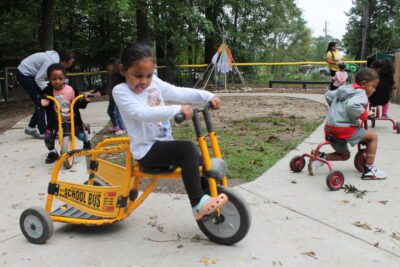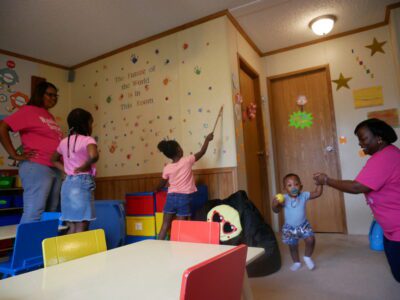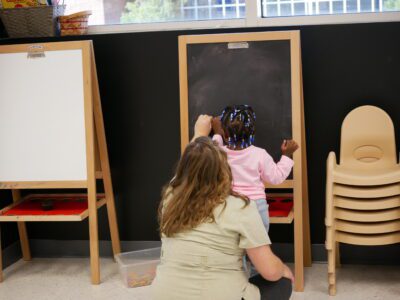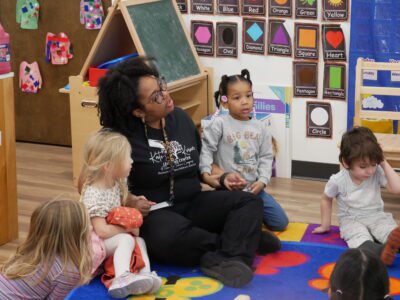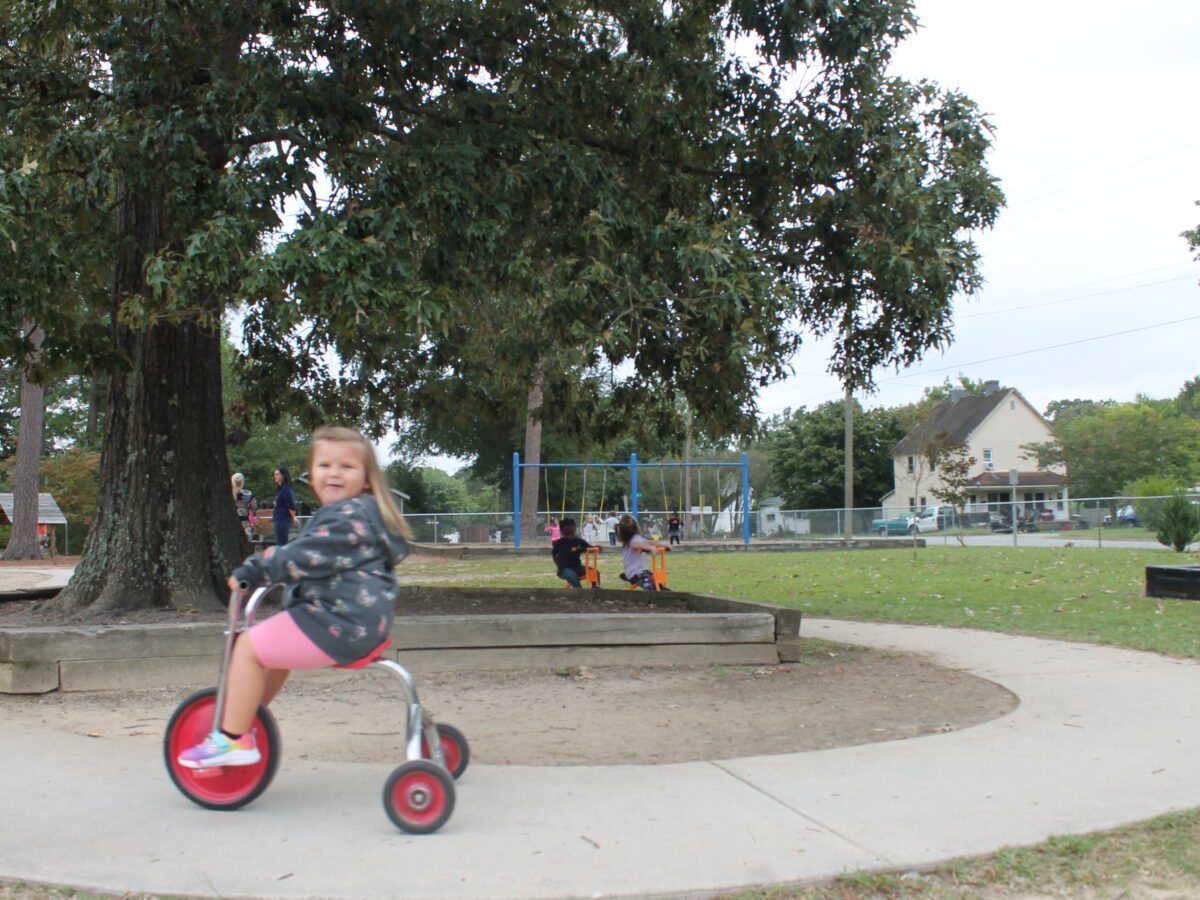

|
|
Smart Start, a network of 75 local organizations focused on supporting young children and families across North Carolina, has become a model for other states since its birth in the early 1990s.
The network acts as an infrastructure for early childhood services. Local partnerships connect families to a variety of resources, programs, and early learning options.
Smart Start launched an expanded online catalog last week, “Smart Solutions: Effective Prenatal-to-Five Investments,” with vetted strategies that partnerships have already adopted or could use to meet their early childhood goals.
Smart Start was designed to give communities local control. Each local organization, set up as a public-private partnership and funded with a combination of state and private funds, assesses local needs with cross-sector leaders and determines how best to meet them. The North Carolina Partnership for Children (NCPC) acts as its statewide umbrella organization.
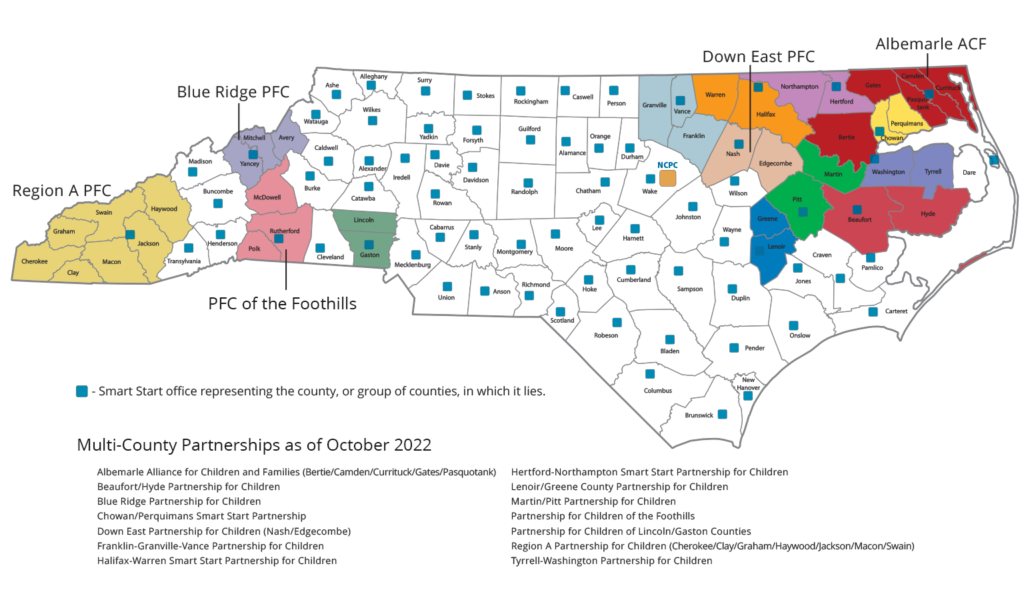

That means that exactly what Smart Start partnerships look like, and do, varies widely. A local partnership might disperse the state’s subsidy funds to help parents afford child care. It might contract with the state to administer NC Pre-K funds. It might host parenting workshops and play groups. It might support home visiting, or child care quality, or early intervention, or early literacy. It might do a little bit of all of these things.
The catalog provides a look inside the roles partnerships are already playing in communities. And it gives partnerships, as well as outside organizations such as school districts, employers, and nonprofits, a catalog of best practices depending on the issue at hand.
The more-than-70 “evidence-based and evidence-informed solutions” in the catalog focus on early care and education, family support, literacy, child and family health, and system building. NCPC reviewed more than 100 solutions, looking for those that either have research demonstrating their effectiveness or are “trusted solutions endorsed by state agencies,” a news release said.
In early care and education, for example, the solutions include a two-day professional development opportunity for early childhood teachers to learn how to support children’s behavioral health, and a program that creates integrated learning experiences for autistic children and neurotypical children.
More on early childhood in North Carolina
The catalog’s expansion was funded by BlueCross BlueShield of North Carolina Foundation. You can filter the solutions by the above categories, as well as the child’s age, the participant, and languages. For each solution, the catalog provides information on program implementation, expected impact, cost, contacts, and research. It also shows which local partnerships are implementing the program.
“By expanding the catalog to include a greater breadth of support for children and families, we can better meet the needs within each community, offering a comprehensive system of services, funding, and programs to cover the full ecosystem of early childhood,” NCPC President Amy Cubbage said in the release.
Editor’s note: BlueCross BlueShield of North Carolina Foundation provides support to EducationNC.



